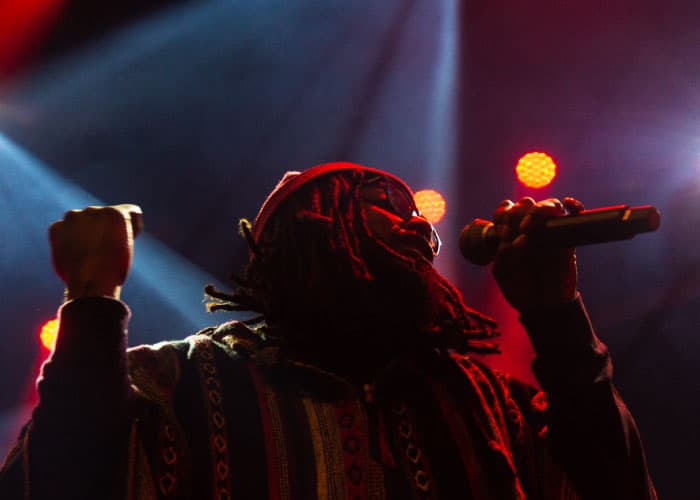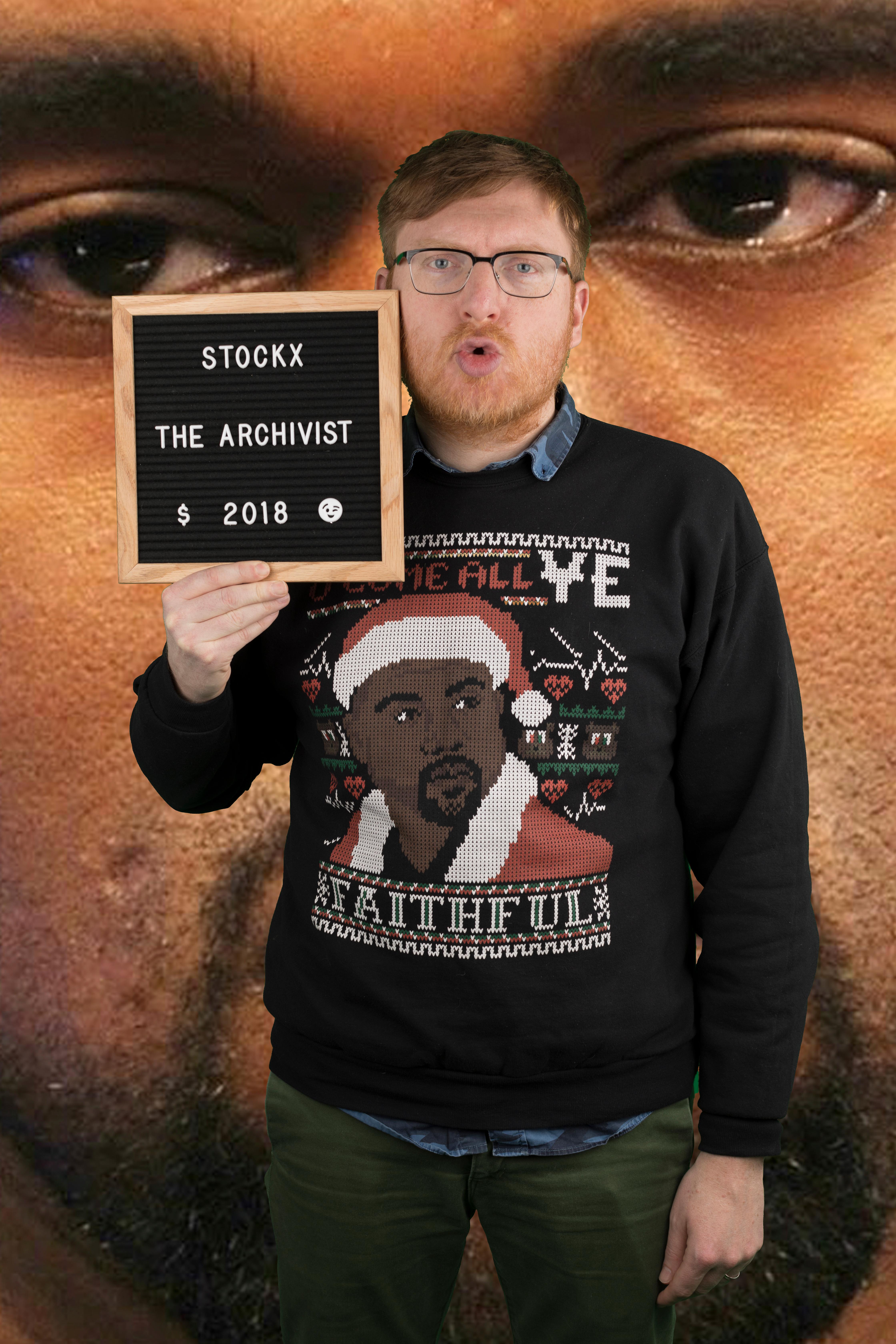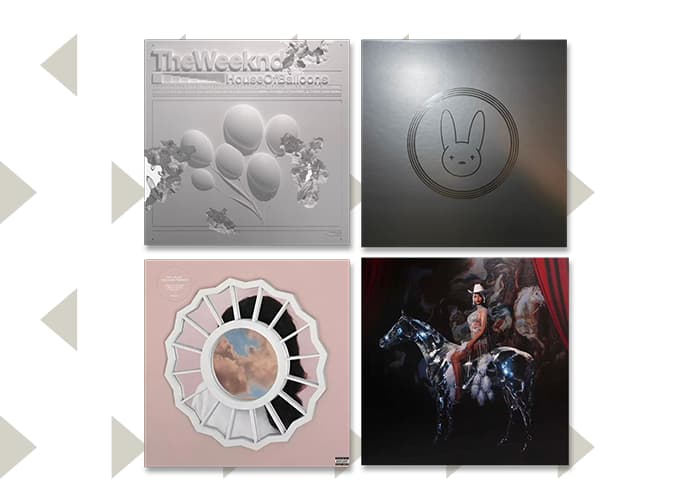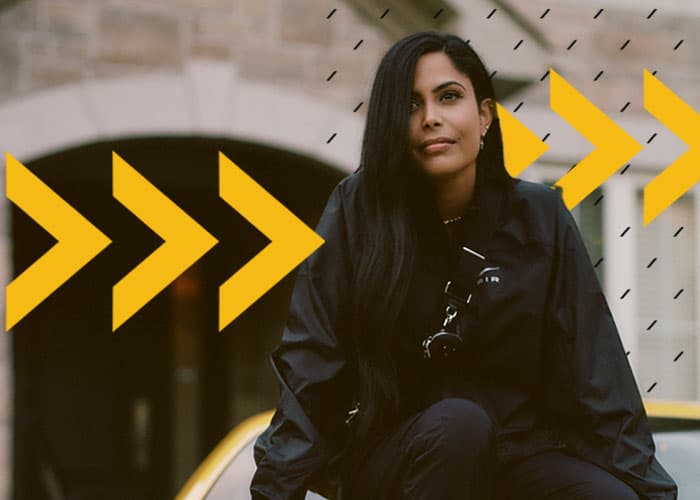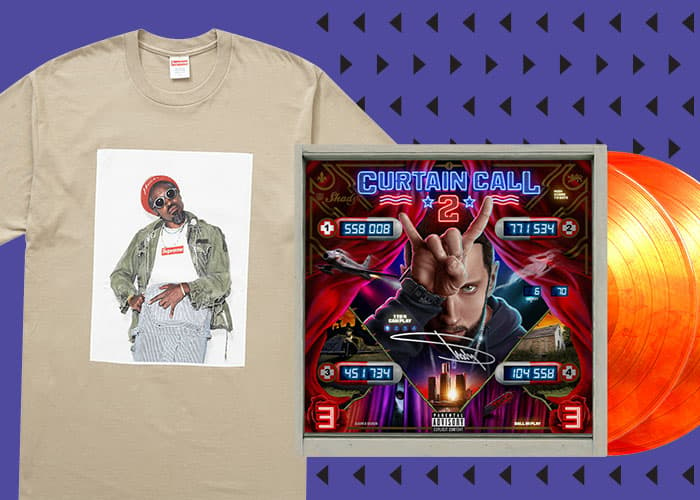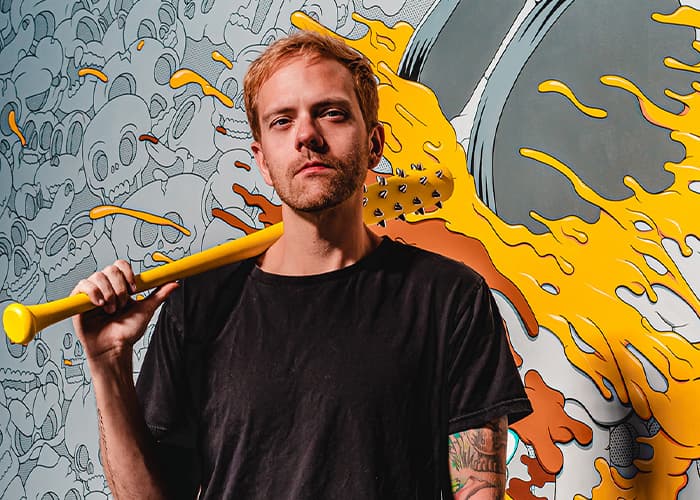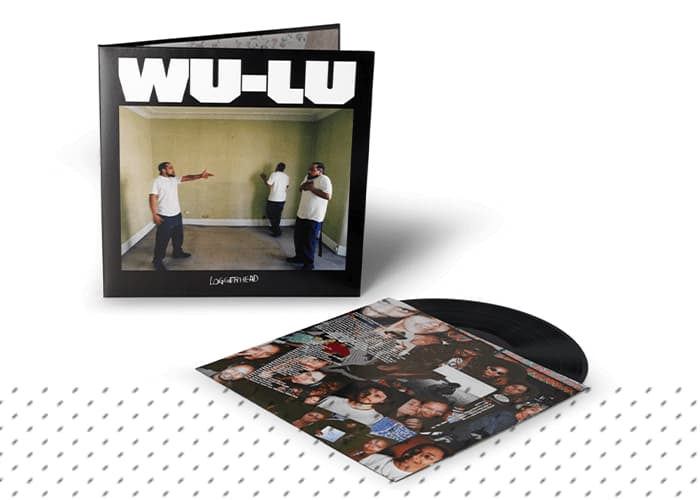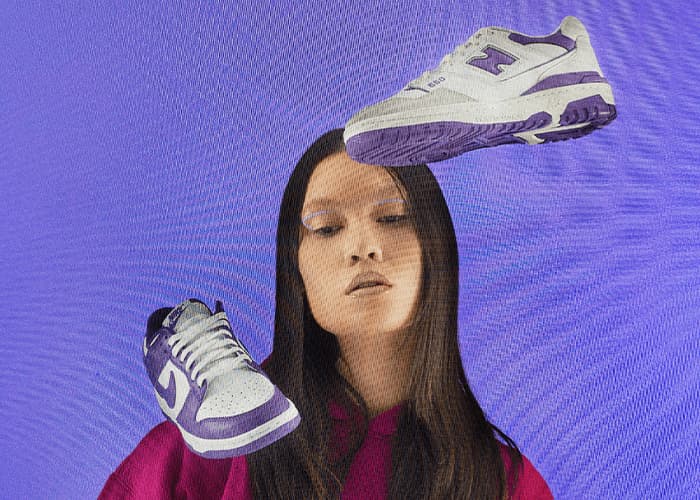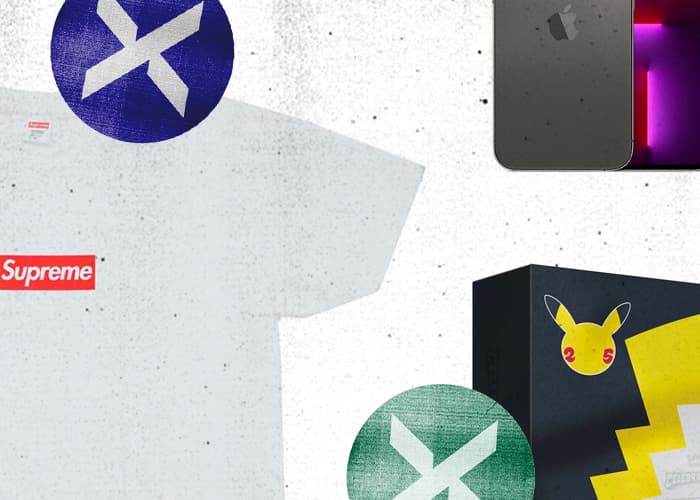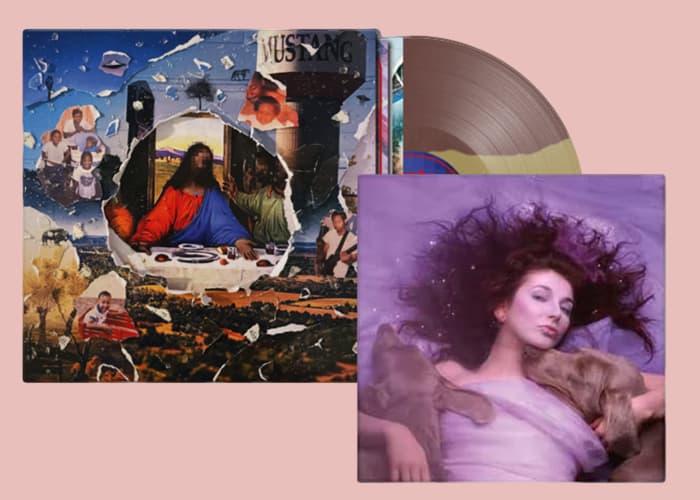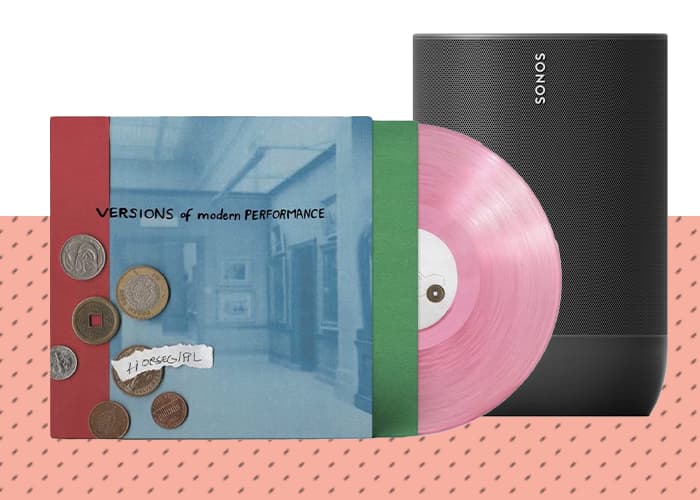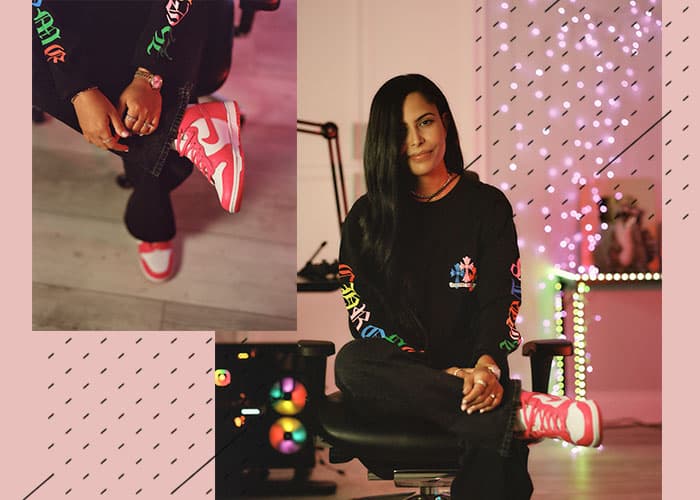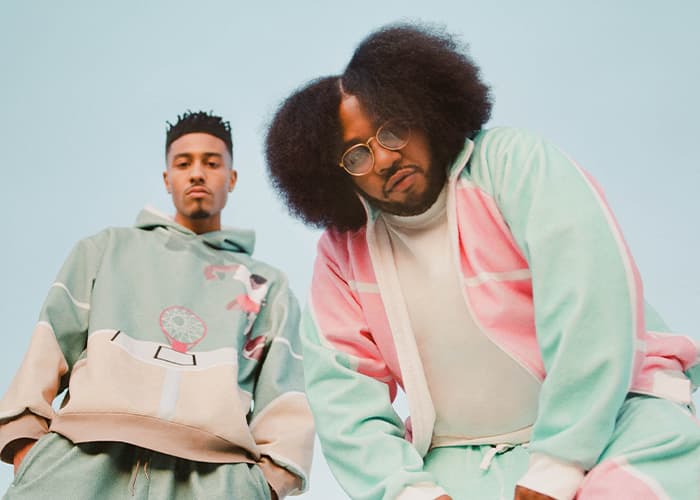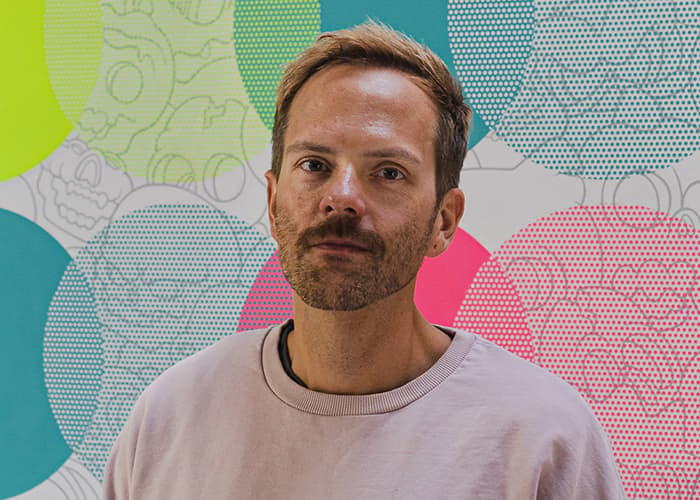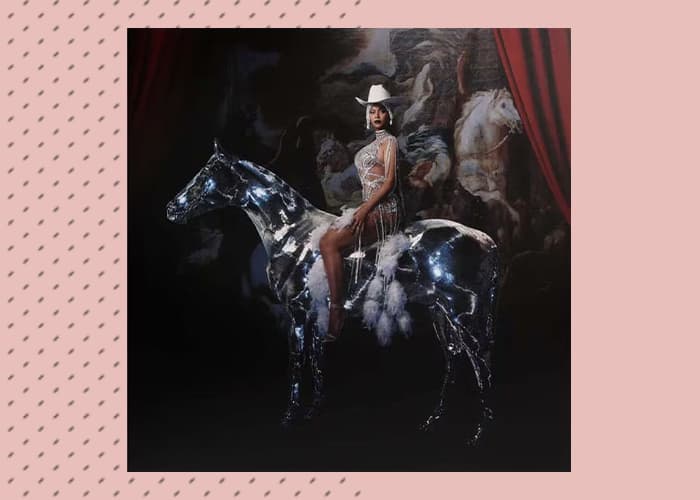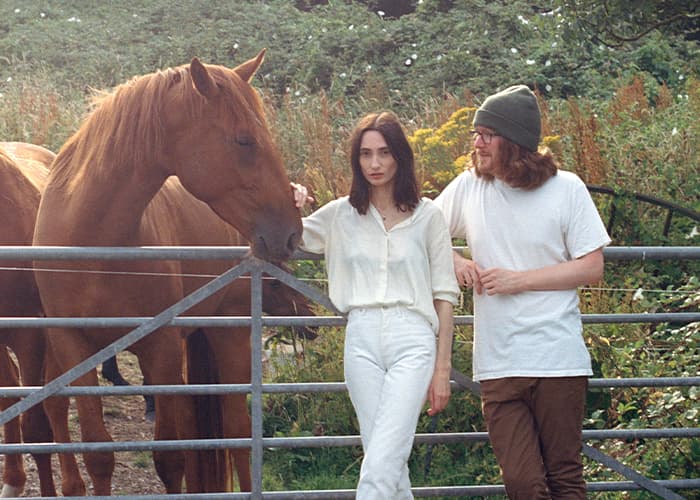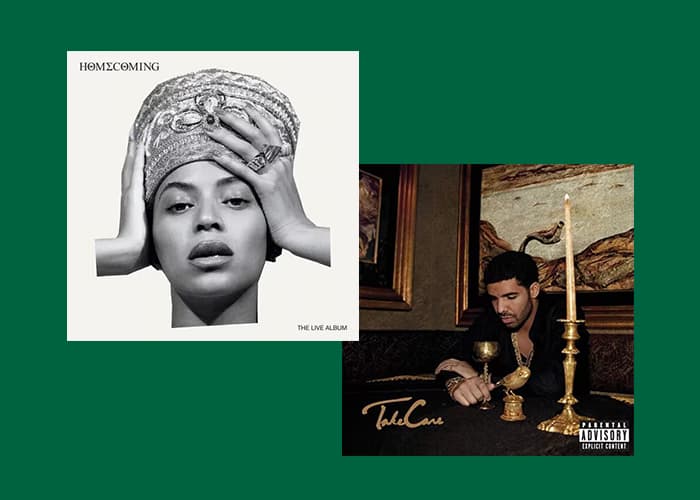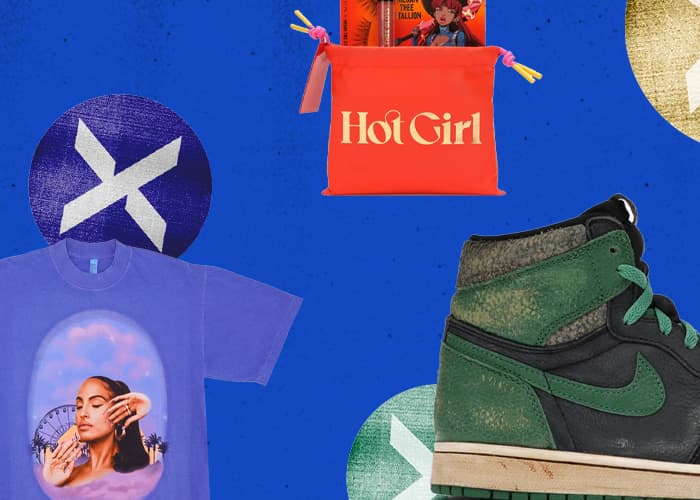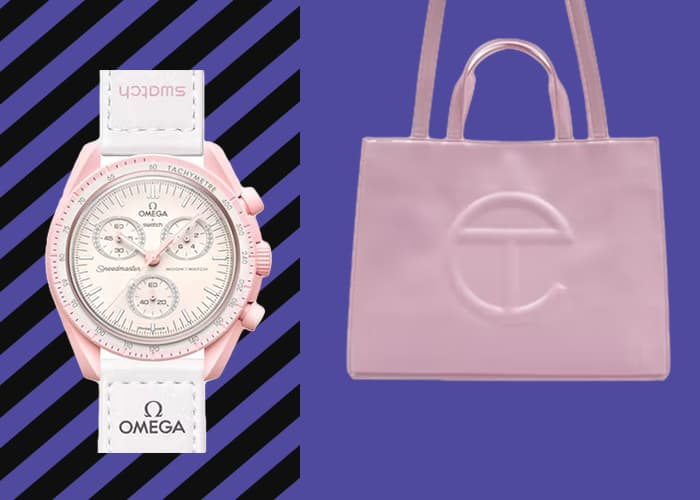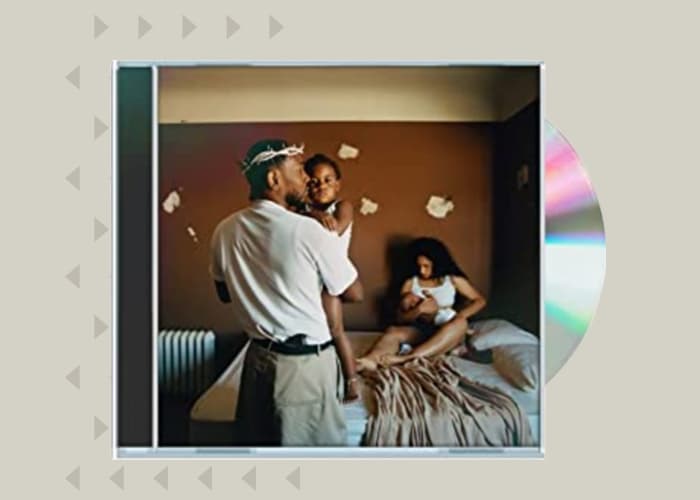When it comes to all things aural and sonic, Quelle Chris is a capital “A” artist. This supremely talented MC has followed his idiosyncratic muse to create some of the most vital hip-hop during the previous decade. Continuing his run of great projects, he recently released Innocent Country 2. We recently caught up with Quelle to talk about his influences, doing it for love, and the role of innocence in creating music.
The following interview has been lightly edited.
StockX
What influences you?
Quelle Chris
The seen and unseen influences me: everyday life, sounds, thoughts. I just listen to life a lot, more often now than in the past. That’s where all the good stuff is, right under our noses.
StockX
What’s the most overrated?
Quelle Chris
Doing it for the love.
StockX
What’s the most underrated?
Quelle Chris
Doing it for the money.
StockX
What are you excited about right now?
Quelle Chris
Smoking some weed.
StockX
What’s next for you?
Quelle Chris
More albums, more collaborations with more amazing artists, more animations, and more Innocent Country 2 content, too.
StockX
Bonus Question: In honor of your newest album, Innocent Country 2, what does it mean to be innocent? How does innocence play into your artistic process?
Quelle Chris
I’d say my definition of “innocent” is probably in line with Webster’s. But in the case of these albums, it’s pretty tongue in cheek. We spend a lot of time pointing fingers: for self-deflection, group acceptance, just good ol’ hate, heck a laundry list of reasons. So I’d say innocence plays a part in my process because I’ve long accepted that I’m not innocent. I’ve done and will likely do more fucked up shit. So has everyone. And the freedom of accepting that allows for a purer vulnerability when approaching music. Having little to hide and being able to really be on the level with listeners—not speaking down to them from a place of perceived perception—is powerful. And not from a broken place of weakness, just, “I’m human, you’re human, here we are. Let’s talk.”


